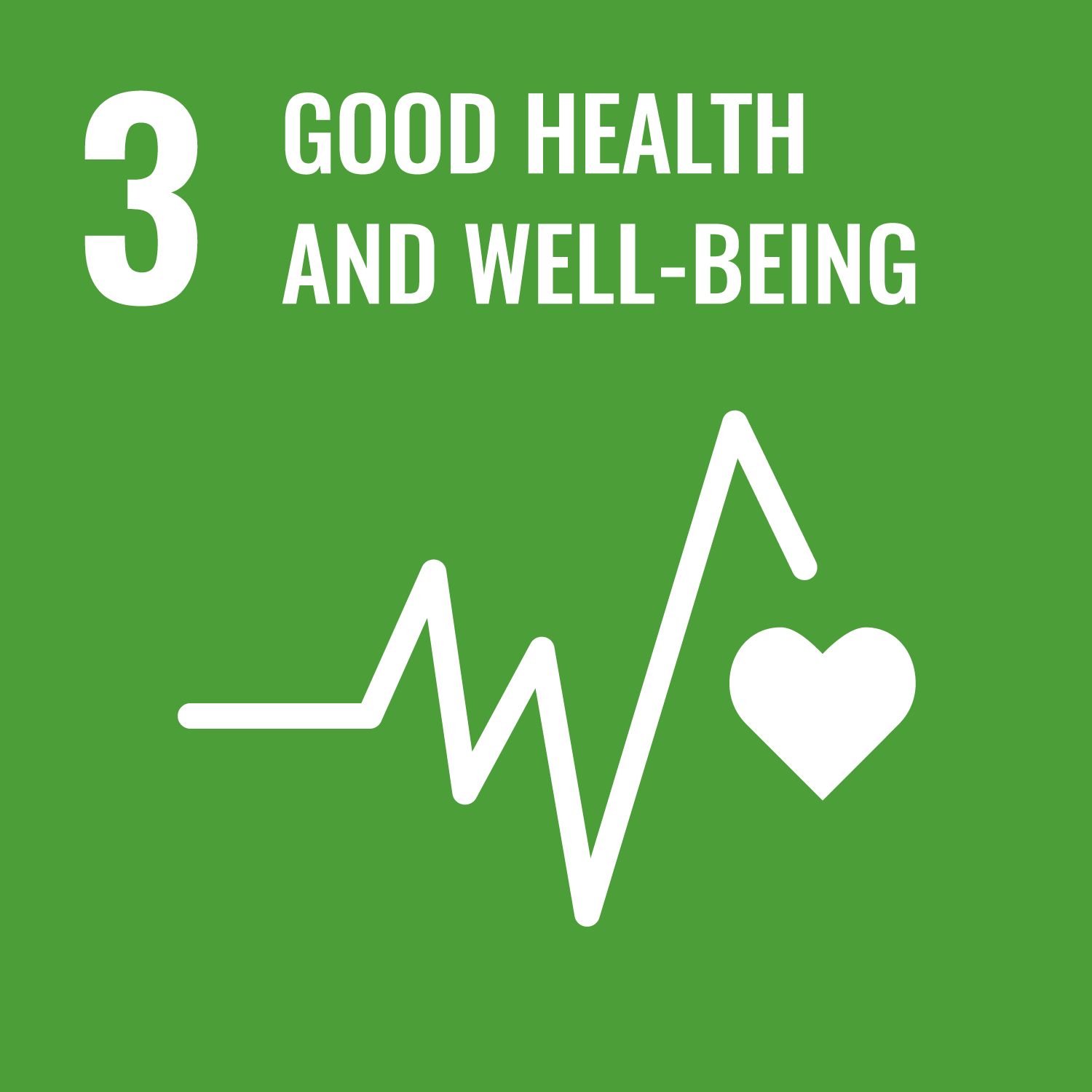Health

JICA advances a health-promoting society that underpins people's lives. Through this promotion, we aim to contribute to the achievement of resilient, equitable and sustainable “Universal Health Coverage (UHC)”, which ensures that all people receive the health services they need without suffering financial hardship.
JICA aims to achieve more resilient, equitable, and sustainable universal health coverage (UHC) through strengthening health systems. This includes enhancing capacities to prevent, prepare for, and respond to public health emergencies even in the peacetime. The achievement of UHC will contribute to protecting every individual's life, livelihood and dignity and to realizing human security, through the attainment of health and well-being for all.
The progress of indicators of SDGs targets has been stagnated or regressed due to the impact of COVID-19 pandemic, ongoing conflicts, geopolitical tensions and climate change. According to the “Tracking Universal Health Coverage: 2023 Global monitoring report” published by the World Health Organization and the World Bank in September 2023, the latest available data shows that 4.5 billion people, approximately half of the world's population, lack access to basic health services, and 1 billion people face catastrophic health expenditure (out-of-pocket health spending exceeding 10 per cent of household budget).
As climate change and other global issues become more apparent, from the perspective of human security in the new era, which consists of three pillars of protection, empowerment, and solidarity, there is a need to provide services that take into account the changing burden of diseases and the burden of medical costs that are not excessive for anyone.
Cooperation in the health sector utilizing the experience of Japan's own history of development and that of development cooperation for Low and Middle Income Countries (LMICs) is of significance. It can lead to health promotion on a global scale including LMICs, which is a precondition for the stability of the international order and a cornerstone of Japan's peace and prosperity. Also, Japan's unique cooperation in the health sector based on the principles of human security and ownership of partner countries can help support the sustainable development of LMICs.
It is worth sharing widely Japan’s experience and lessons learned in achieving health longevity including infectious disease control, improved maternal and child health and universal health insurance and there is a possibility of solving issues through mutual collaboration.
JICA focuses on the following four areas and has set the cluster strategies to achieve more resilient, equitable and sustainable UHC.
In order to establish a system that can provide stable healthcare services under all circumstances, JICA works to strengthen the health system components of “governance and leadership,” “human resources,” “facilities and medical equipment,” “finance and health facility management,” and “health information”. JICA will focus on improving the quality and quantity of health services, particularly through human resource development, health facility and equipment improvement, and facility management. In doing so, JICA will promote enhancements in resilience, equity, and sustainability.
To develop an infectious disease surveillance system that encompasses emerging infectious diseases, as opposed to separate disease-specific approaches, based on the International Health Regulations (IHR), this cluster will strengthen the key steps of infectious disease surveillance, namely detection, reporting, analysis and interpretation, and response and evaluation.
This cluster focuses on strengthening quality continuum of care (CoC) for MNCH with evidence-based interventions, including the effective use of Maternal and Child Health Handbooks, and promoting adequate care of women and children at home and in the community without interruption of time and space
Both health service delivery and health financing systems need to be optimized to achieve UHC. This cluster targets the latter, aiming to ensure that all people, including the poor and vulnerable, do not suffer financial hardship from the use of health services, that is, they can have access to health services without excessive out-of-pocket spending.
As for responses to population aging, with the rapid population aging in Asia and Latin America, cross-sectoral efforts in areas such as social protection, public financing, and urban development have become increasingly necessary. Therefore, the direction of approaches to address population aging should be organized separately as something that should be addressed across sectors and clusters.
In response to COVID-19 pandemic, JICA launched “JICA’s initiative for Global Health and Medicine” in July 2020, based on the trusting relationships that it has built with partner countries. Designed to support human security and UHC, this initiative aims to strengthen health systems in partner countries with a focus on three pillars: prevention, precaution, and treatment.
scroll